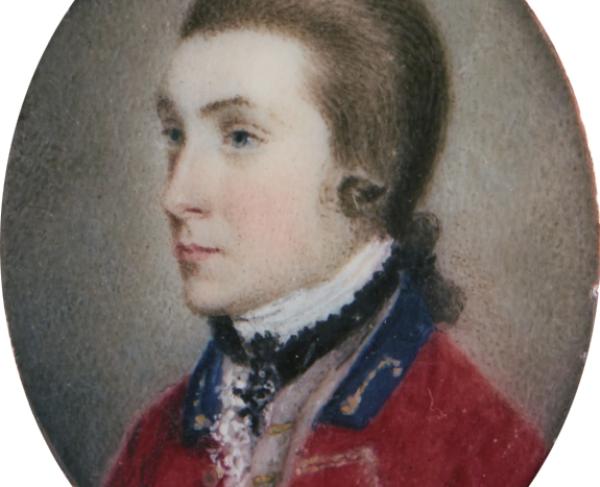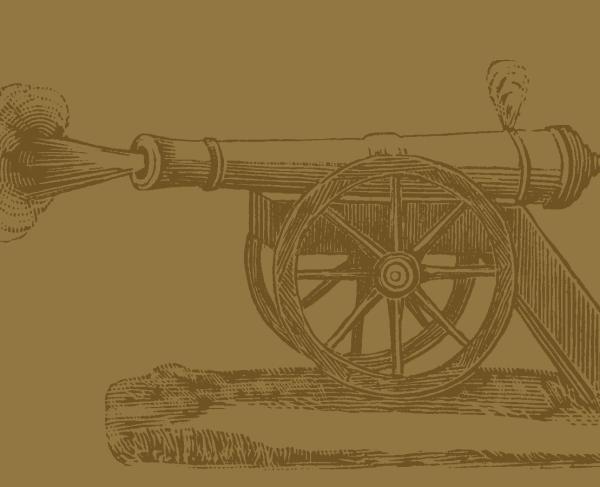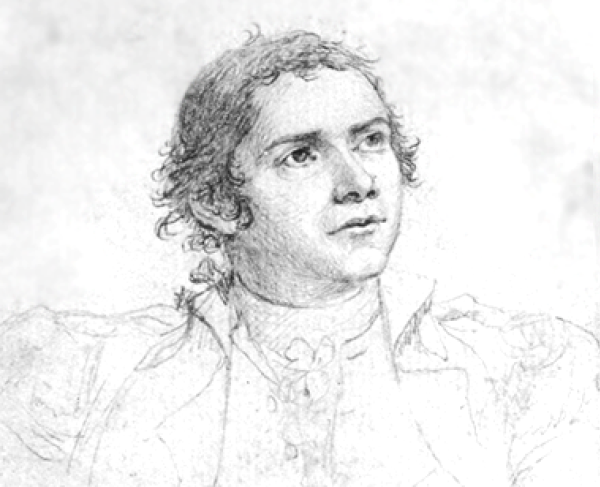William Leslie

Born on August 8, 1751, into a prominent and wealthy family, William Leslie was the son of David Leslie, 6th Earl of Leven, and Wilhelmina Nisbet. David Leslie was appointed the commander-in-chief of the Scottish forces and was honored as being a representative peer of Scotland. The young Leslie was raised with considerable prestige and was provided with significant exposure into the elite circles of Scottish society. The family owned numerous estates and was highly esteemed socially. Leslie’s home, located near the University of Edinburgh, a prestigious institution, often hosted scholars from the university. One individual who made a lasting impression on Leslie and his family was Benjamin Rush. Rush was pursuing his medical studies in Scotland and became a frequent visitor of the Leslie estate from 1767 to 1768. During this period, Rush developed a close bond with the Leslie family, in particular William and his sister, whom he particularly favored. These friendships, especially with Rush, contributed significantly to Leslie's academic growth and understanding. However, Leslie’s decision to enlist in the British army ultimately had the greatest impact on his intellectual and personal development.
Leslie enlisted in 1771 with the 42nd Royal Highland Regiment in Ireland, where he served as part of a policing force to quell escalating violence spreading across the country. Two years later, he transferred to the 17th Regiment of Foot and shortly thereafter set sail for North America in response to the outbreak of the Revolutionary War. Leslie’s first battle experience occurred during the New York Campaign, where his regiment was instrumental in Britain's decisive victory at the Battle of Long Island. Following this victory, Leslie authored a boasting letter to his father noting the superiority of the British and his distaste for the rebels. “Now that we have got a little revenge I can write with more satisfaction than when the rebels were insulting us", he wrote. In a later letter written again to his father, Leslie furthers the notion of the inferior rebels stating, “they are so outgeneraled that it is impossible for them to know where to prepare for defense … they were infinitely superior to us in numbers, but the rogues have not learnt manners yet; they cannot look gentlemen in the face.”
Continuing this demeanor, Leslie wrote a letter to his mother on December 25, 1776, celebrating the British victories in the war. However, to his surprise, Washington staged a surprise attack on Trenton the following day, which helped shift the momentum of the war. Washington further surprised Leslie and the British by flanking Lt. Gen. Charles, Lord Cornwallis and his men during the night of January 2nd at Assunpink Creek and attacking Princeton the following morning. Leslie led the right flank of the 17thRegiment at Princeton. Tragically, as the fighting began on the morning of January 3rd, Leslie suffered two wounds, one to the heart and died before witnessing the British defeat.
Despite Leslie’s distaste for the Americans, Maj. Gen. Thomas Mifflin, who identified Leslie’s body on the battlefield, lobbied for him to be buried with honor after witnessing the affection the prisoners of the 17th Regiment had for their fallen officer. Washington agreed to Mifflin’s request and organized a formal funeral for Leslie with full military honors. Soon, news of Leslie’s death reached his old friend and patriot Benjamin Rush, who admitted to “we[eping] for the first time for a victory gained over British troops.” Nearly a year later, Rush honored his fallen friend by erecting a tombstone for him. In a letter to Leslie’s uncle, Rush wrote, “Although his country and his profession made him the enemy of America, yet his education and disposition made him the friend of virtue.”
Related Battles
75
270


